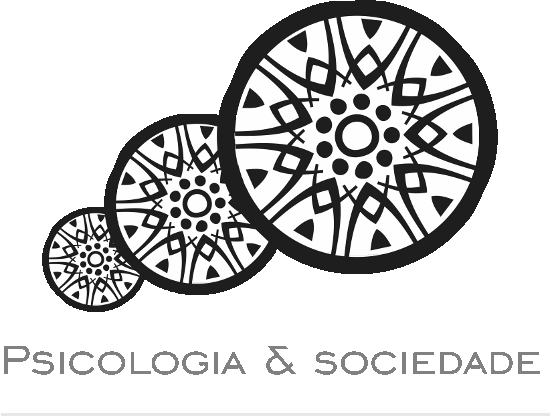From the creation of Research Ethics Committees in Brazilian universities, the ethical issues began to occupy a particular moment in the research process, and led to the establishment of specific subjects for their study and an administrative body for their appreciation. In this article we discuss some implications about ethics institutionalization and the meaning acquired by ethics when it is embodied by a committee, formulating a specific criticism about its institutional configuration. We argue that the creation of an administrative body, in order to analyze the ethical features of research projects, supposes that ethics is not able to state itself by its own power and that some people have acquired authority (moral or intellectual) to assure its force. We conclude that the Ethics Committees will always be stiff, bureaucratic and authoritarian precisely because they are committees, and we reaffirm that ethics is produced through singular processes carried out by the agents involved in such processes.
ethics; ethics committees; research; democracy
